
Extended producer responsibility rose to the forefront of debate in Connecticut as a strategy to reduce packaging waste in line with state mandates. A committee tasked with advising lawmakers during the coming legislative session recently split on the strategy, but the majority advised against it.


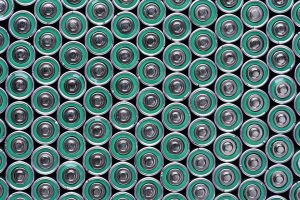
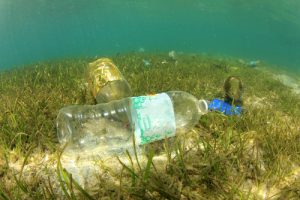 Should California consider whether packaging contributes to marine debris when formulating mandatory policies for its collection and recycling? Your answer likely depends on whether you represent the business community or environmental interests.
Should California consider whether packaging contributes to marine debris when formulating mandatory policies for its collection and recycling? Your answer likely depends on whether you represent the business community or environmental interests.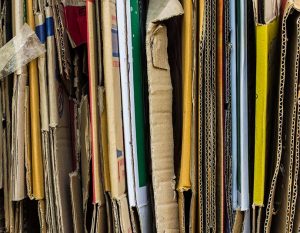 Cartons, corrugate, expanded polystyrene, film and pouches are among the materials and products California officials say could be subject to mandatory packaging management rules.
Cartons, corrugate, expanded polystyrene, film and pouches are among the materials and products California officials say could be subject to mandatory packaging management rules.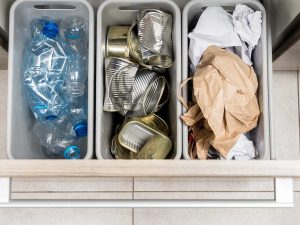 Experts in product stewardship convened in Montreal last week to review the opportunities and challenges confronting current materials recovery initiatives.
Experts in product stewardship convened in Montreal last week to review the opportunities and challenges confronting current materials recovery initiatives. California lawmakers have sent the governor a bill mandating that carpet stewards achieve a 24 percent recycling rate and discouraging the use of incineration. Meanwhile, carpet makers are sticking with their beleaguered stewardship group, instead of submitting alternative collection and recycling plans.
California lawmakers have sent the governor a bill mandating that carpet stewards achieve a 24 percent recycling rate and discouraging the use of incineration. Meanwhile, carpet makers are sticking with their beleaguered stewardship group, instead of submitting alternative collection and recycling plans. This story has been updated.
This story has been updated.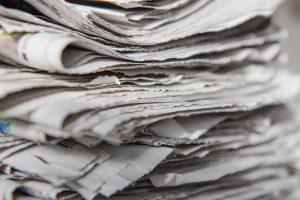 Newspaper publishers in British Columbia have submitted a plan aimed at bringing them into compliance with the Canadian province’s extended producer responsibility regulations.
Newspaper publishers in British Columbia have submitted a plan aimed at bringing them into compliance with the Canadian province’s extended producer responsibility regulations.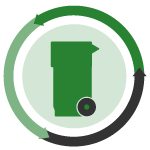 Houston council members approve a contract continuing curbside recycling but jettisoning glass, and newspapers resist joining British Columbia’s printed paper and packaging stewardship group.
Houston council members approve a contract continuing curbside recycling but jettisoning glass, and newspapers resist joining British Columbia’s printed paper and packaging stewardship group.